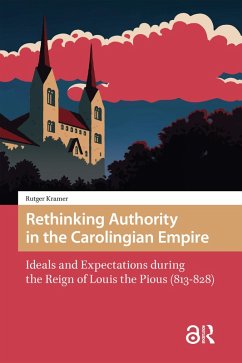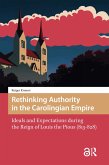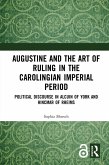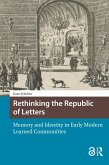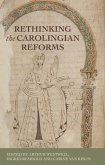By the early ninth century, the responsibility for a series of social, religious and political transformations had become an integral part of running the Carolingian empire. This became especially clear when, in 813/4, Louis the Pious and his court seized the momentum generated by their predecessors and broadened the scope of these reforms ever further. These reformers knew they represented a movement greater than the sum of its parts; the interdependence between those wielding imperial authority and those bearing responsibility for ecclesiastical reforms was driven by comprehensive, yet still surprisingly diverse expectations. Taking this diversity as a starting point, this book takes a fresh look at the optimistic first decades of the ninth century. Extrapolating from a series of detailed case studies rather than presenting a new grand narrative, it offers new interpretations of contemporary theories of personal improvement and institutional correctio, and shows the self-awareness of its main instigators as they pondered what it meant to be a good Christian in a good Christian empire.
Dieser Download kann aus rechtlichen Gründen nur mit Rechnungsadresse in A, B, BG, CY, CZ, D, DK, EW, E, FIN, F, GR, HR, H, IRL, I, LT, L, LR, M, NL, PL, P, R, S, SLO, SK ausgeliefert werden.

